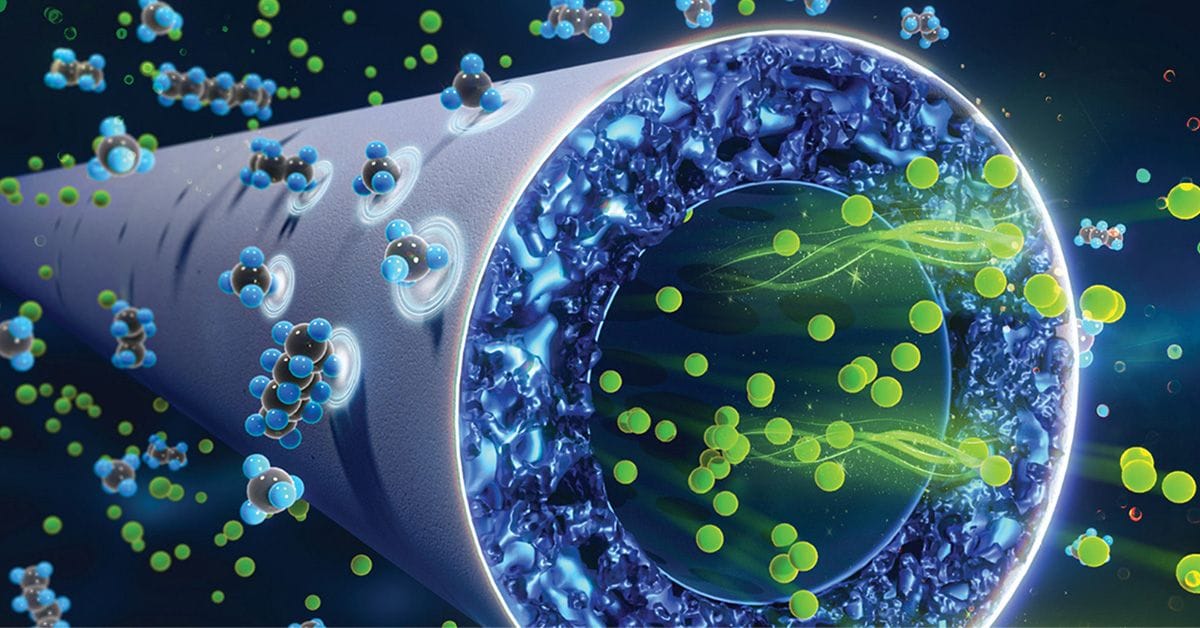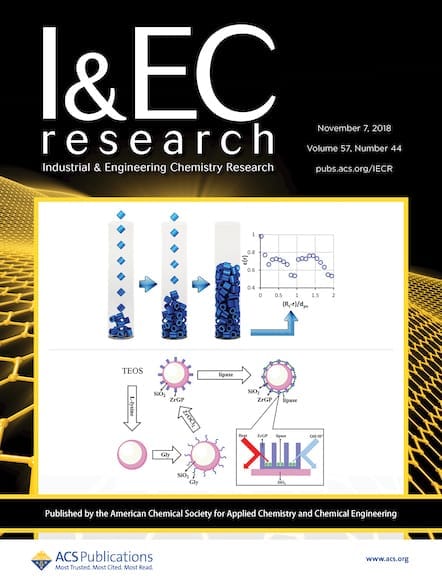In this interview, Prof. Baldea shares his vision for the journal, the research he's currently working on, and his plans for engaging both establishing and emerging researchers in the chemical engineering field.

Professor Michael Baldea is the Henry Beckman Professor in the McKetta Department of Chemical Engineering and a core faculty member in the Oden Institute for Computational Engineering and Sciences at the University of Texas at Austin, USA. He earned his Diploma in Chemical Engineering and Master of Science in Interface Process Engineering from Babes-Bolyai University, Cluj-Napoca, Romania, and his Ph.D. in Chemical Engineering from University of Minnesota, Twin Cities, USA.

Prof. Baldea began his new position as Editor-in-Chief of Industrial & Engineering Chemistry Research in 2024. He takes on this role following the departure of former Editor-in-Chief Phillip E. Savage, who led the journal to global success and influence throughout the past decade.
Prof. Baldea has a long-standing history with Industrial & Engineering Chemistry Research. He previously held positions as an Executive Editor and Associate Editor for the journal from 2021 to 2023. He also served as a member of the Editorial Advisory Board for the journal from 2018 to 2020 and was recognized as a member of the journal’s 2017 Class of Influential Researchers.
He recently shared with us his vision for the journal, his current areas of research focus, and how he hopes to engage the researcher community in the industrial chemistry field. Read the full conversation below.
What does it mean for you to be Editor-in-Chief of I&ECR?
An immense honor and an immense responsibility to promote novel research and shape the future of chemical engineering.
What is your vision for I&ECR, and how do you hope the community will benefit from research published in the journal?
I envision I&ECR as the first choice of publication venue for cutting-edge chemical engineering and applied chemistry research, addressing both fundamental questions and pressing societal problems.
What are you currently working on, and what excites you most about it?
My research is in process systems engineering, a field that relies on fundamentals of mathematical modeling, optimization and control theory, and numerical methods to solve problems in manufacturing, supply chain, energy, etc. Our group is currently focusing on the nexus of manufacturing, energy generation and greenhouse gas emissions. A lot of our work probes the interaction between industrial processes and the future power grid, where renewable energy has a significant contribution.
What do you think are the most important challenges/opportunities facing chemical engineering today?
We should think broadly to address the problems that face society: ensuring that billions of people have clean air and access to clean water, clean energy, and sufficient food. Chemical engineers are uniquely well-positioned to address these challenges, as our discipline promotes systems-level thinking and utilizes results from multiple disciplines to solve complex problems.
How do you see I&ECR, and the community working together to address those challenges and seize those opportunities?
We are fortunate to have an excellent community – our readers, authors, reviewers, the editorial board and the editorial advisory board, and excellent support from ACS Publications. We have already identified several publication themes that are well aligned with significant current research challenges, and these themes will be soon reflected in thematic special issues, review papers and other journal content. We are constantly listening to the community to ensure the relevance of I&ECR stays as high as it’s been over its more than one century of existence.
Building a strong community around the journal is crucial. How do you intend to engage with both established and emerging researchers in the field of chemical engineering?
We have some established and very successful initiatives, such as the annual Class of Influential Researchers, and Honoring our Highly Cited Authors, that have specifically been geared towards recognizing these author groups. I am particularly interested in promoting new voices and new researchers from diverse backgrounds and engaging them in the publication process. This will come in the form of commissioning review papers, invitations to participate as guest editors for special issues, etc.
